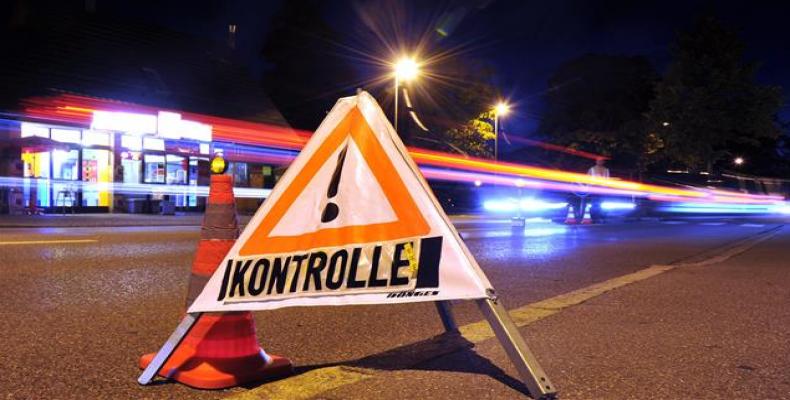Brussels, October 28 (RHC)-- The European Union has launched its new state-of-the-art border patrol, inaugurating a force with more surveillance capabilities, more jurisdiction to deport migrants, more intelligence sharing with third parties and more than twice the personnel as before.
“From now onwards, the external EU border of one Member State is the external border of all Member States—both legally and operationally,” said EU Commissioner Dimitris Avramopoulos.
The European Border and Coast Guard Agency builds on Frontex, the Union’s previous collective coast guard, and the border patrol of each Member State. A pool of 1,500 guards with extra technical equipment will be on-call to assist countries that are over-capacity and will be able to purchase its own equipment and deploy at short notice.
While its jurisdiction includes monitoring oil spills and regulating fisheries, the vast majority of its operations are devoted to migration control: the vast majority of its forces are stationed in Greece and Italy, and it was inaugurated at a border checkpoint between Bulgaria and Turkey. Its expanded powers mostly involve easing deportations and preparing for surges in migration.
The force will monitor borders, expand surveillance and use enhanced “processing of personal data” to help manage and seal the land and sea borders. It will also work with third countries to launch joint operations, including outside of EU territory, and to return migrants to their home countries with “enhanced technical and operational tasks.”
Overwhelmed by the arrival of some 1.3 million people last year, the EU has increasingly focused on sealing its external borders. The agency, proposed in December 2015 after the Commission proposed it to deal with the surge in refugee arrivals, was approved this summer when anti-refugee rhetoric resurged during the Brexit vote and after successive terrorist attacks in Europe. Parliament had expressed concerns about the agency’s ability to bypass a member state’s consent in order to intervene and about increasing powers with limited independent oversight.
New European Union Border Patrol Given Expanded Powers for Surveillance and Deportation

Articles en relation
Commentaires
Laissez un commentaire
Tous les champs sont requisPlus de visites
- Cuba montre des signes de reprise, malgré la guerre économique menée par les États-Unis
- Le Venezuela condamne la déclaration du Haut-Commissaire aux droits de l'homme
- États-Unis : d'anciens fonctionnaires demandent à M. Biden de modifier sa politique à l'égard de Cuba
- Cuba va introduire des modifications dans le système de change
- Les députés cubains se préparent pour la nouvelle session du Parlement

